I think you're looking at a chain of unconfirmed transactions.
Since transactions are immutable¹ after they are submitted to the network, you know what transaction outputs will be created before the transaction is confirmed. As it's clear what the transaction output will look like, it can already be referenced in another transaction that spends one of these expected outputs. There is a limit to the viable length of these unconfirmed chains. Nodes on the network will only transactions that have at most 25 unconfirmed ancestors or at most a total of 101 kvB of weight across their ancestry plus themselves.
Descendant transactions can only be included in a block after their ancestors are included since the transaction outputs they're spending must exist. This means that ancestors have to either have been included in a previous block or stand earlier in the same block as the descendant. This dependency is for example leveraged when reprioritizing transactions via "child-pays-for-parent": the child has a greater fee which incentivizes the miner to include the parent so that they can include the child.
¹ The intended outcome of the transaction cannot be changed, but it's not yet certain that the transaction will be included in a block. It could also be superseded by a conflicting transaction.

You can get bonuses upto $100 FREE BONUS when you:
💰 Install these recommended apps:
💲 SocialGood - 100% Crypto Back on Everyday Shopping
💲 xPortal - The DeFi For The Next Billion
💲 CryptoTab Browser - Lightweight, fast, and ready to mine!
💰 Register on these recommended exchanges:
🟡 Binance🟡 Bitfinex🟡 Bitmart🟡 Bittrex🟡 Bitget
🟡 CoinEx🟡 Crypto.com🟡 Gate.io🟡 Huobi🟡 Kucoin.
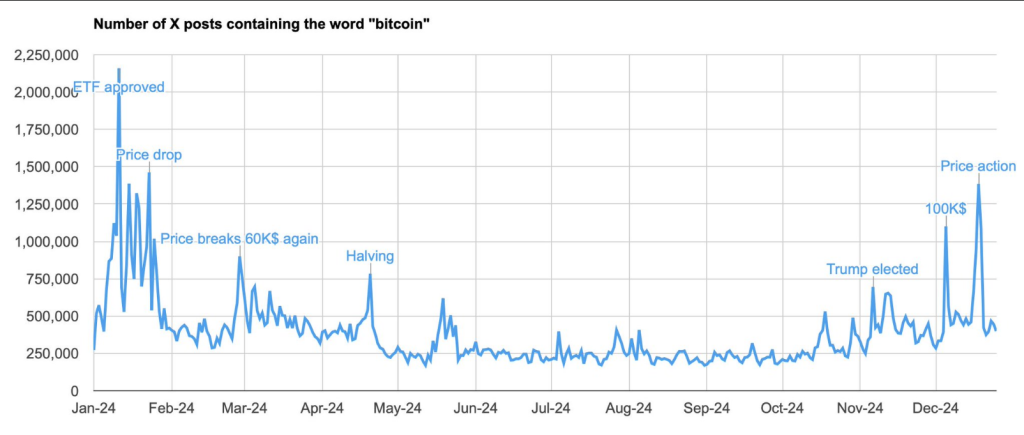


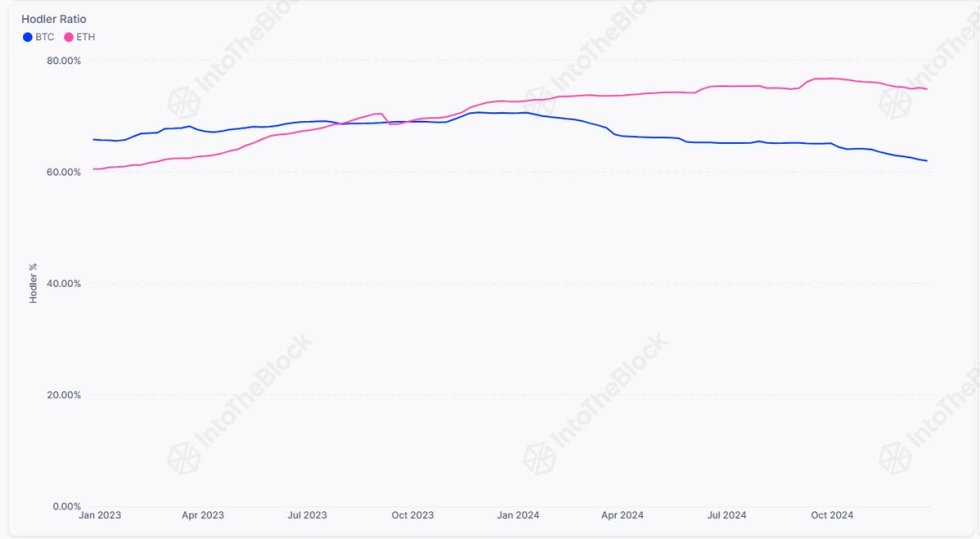









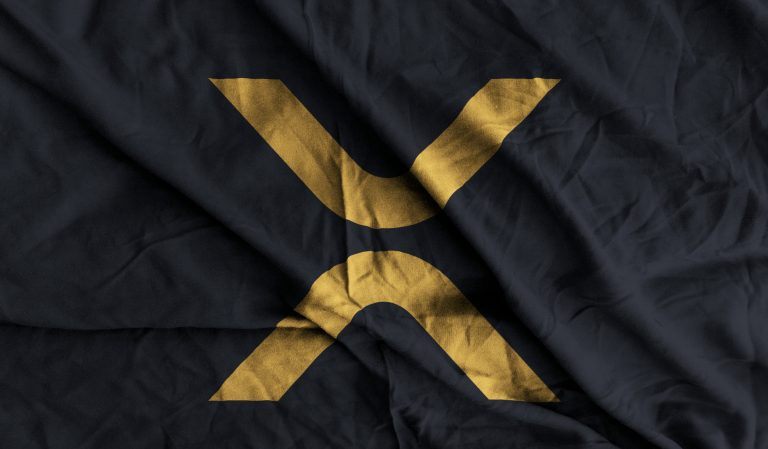
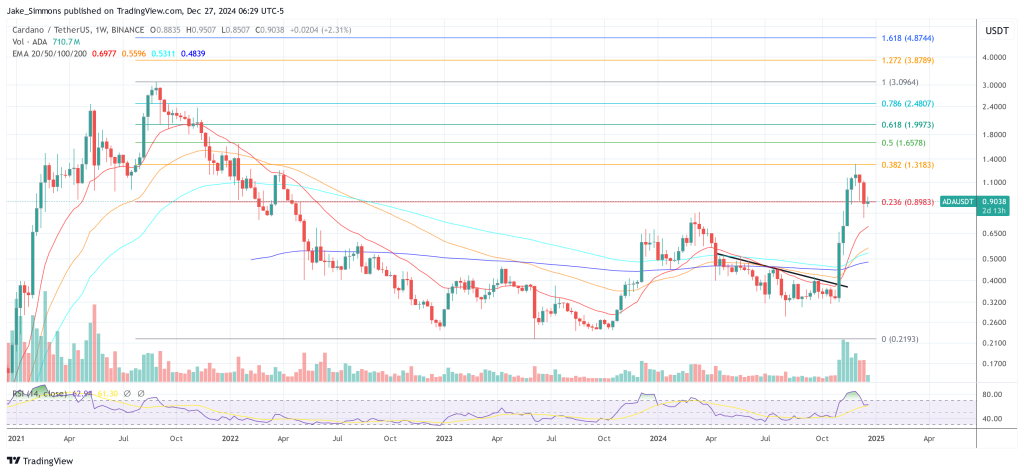


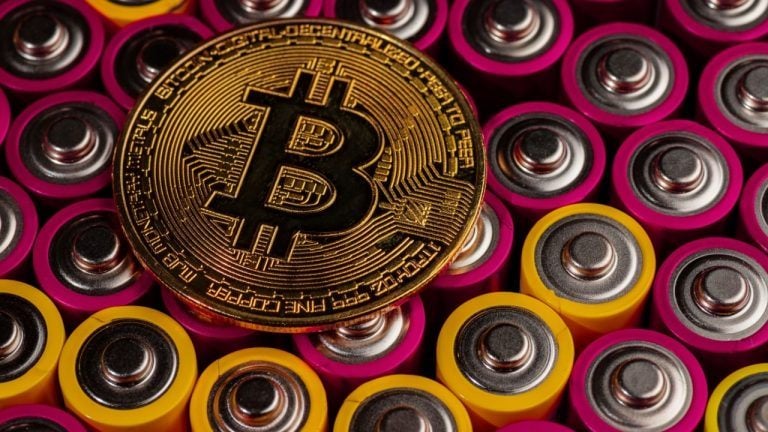


Comments